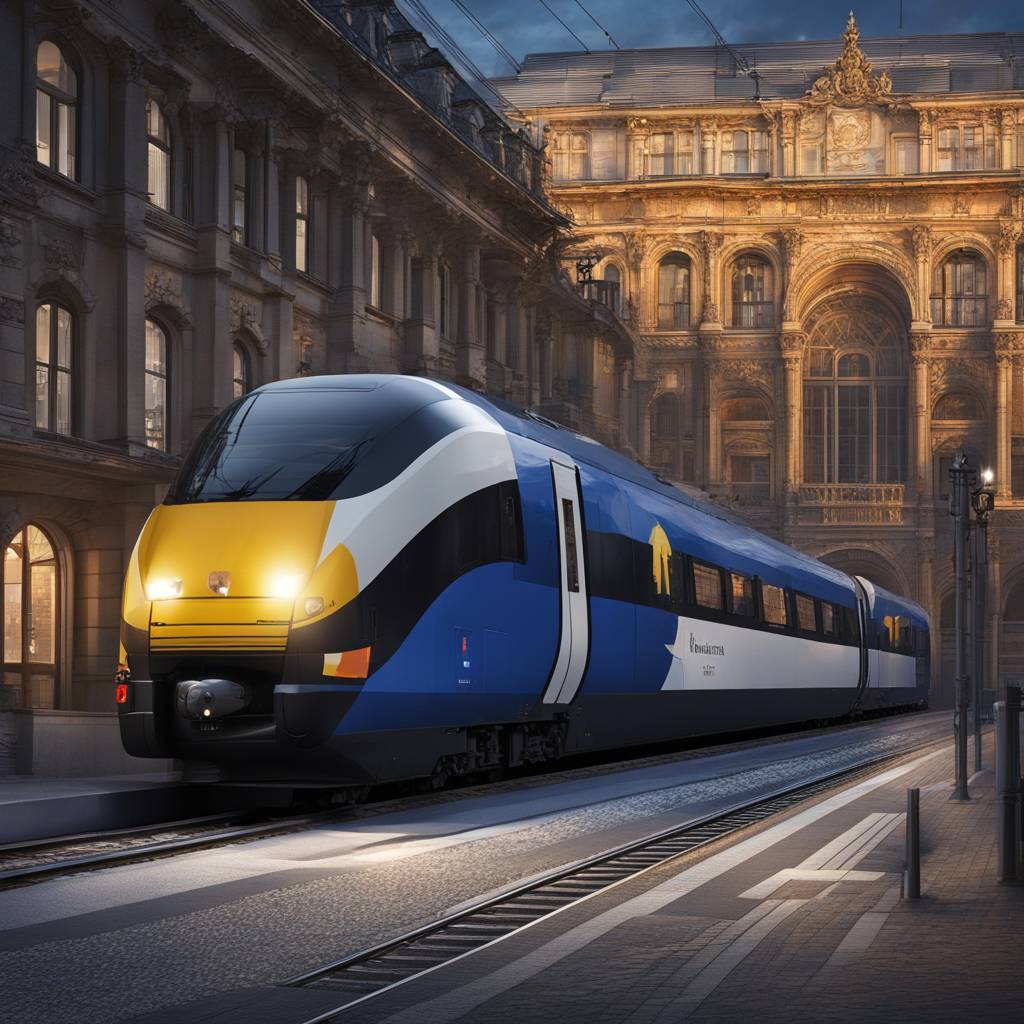Belgium’s Minister for Mobility, Georges Gilkinet, believes that night trains are the future of sustainable travel in Europe. Along with Austria, Belgium has been leading the charge on developing night trains and connecting major European cities through sleeper trains. Gilkinet aims to convince the European Commission to expedite the return of night trains, as more and more Europeans are turning away from flying due to its environmental impact. A survey conducted in 2021 found that many Europeans were interested in replacing flights with rail travel, but the cost and availability of overnight services remain a barrier.
Currently, trains face unfair competition from cars and airplanes in Europe. The EU has invested significantly more in motorways than railways in the past two decades, leading to a decrease in railway lines and an increase in highways. Moreover, the aviation industry receives substantial subsidies, making flying more affordable compared to train travel. Gilkinet proposes leveling the playing field by introducing measures such as exempting night trains from energy costs and track access charges, similar to what is done in Belgium. By creating more favorable conditions for night train operators, Gilkinet hopes to address the unfair competition between trains and other modes of transportation.
Austria’s national railway, ÖBB, has been at the forefront of the revival of night trains in Europe, investing in modern sleeper trains while many other countries have abandoned them. During the upcoming EU transport ministers meeting in April, Austria will discuss how governments can improve and expand the night train network in Europe. New private operators, such as European Sleeper, are also exploring the market and launching new services to meet the growing demand for sustainable travel options.
In addition to expanding the night train network, there is a need for a simpler booking system to integrate services across the continent. Rail Europe is one of the platforms that allows travelers to compare prices and travel options online, but more efforts are needed to make booking an international train ticket as easy as booking a flight. The Belgian EU presidency has prepared specific legislative work to improve cross-border connections, focusing on key corridors of the trans-European transport network. An essential aspect to address is the lack of modern sleeper carriages available for operators to meet the increasing demand for night trains.
EU transport ministers are expected to make a collective commitment for more night trains during the informal meeting on 2 April. The goal is to convince the European Commission to take on the challenge of accelerating the return of night trains in Europe. With the growing interest in sustainable travel and the environmental impact of flying, night trains have the potential to become a more attractive and viable option for travelers across the continent. By addressing the unfair competition between trains and other modes of transportation, Europe can move towards a more sustainable and integrated rail network that connects major cities and promotes greener travel options for all.









